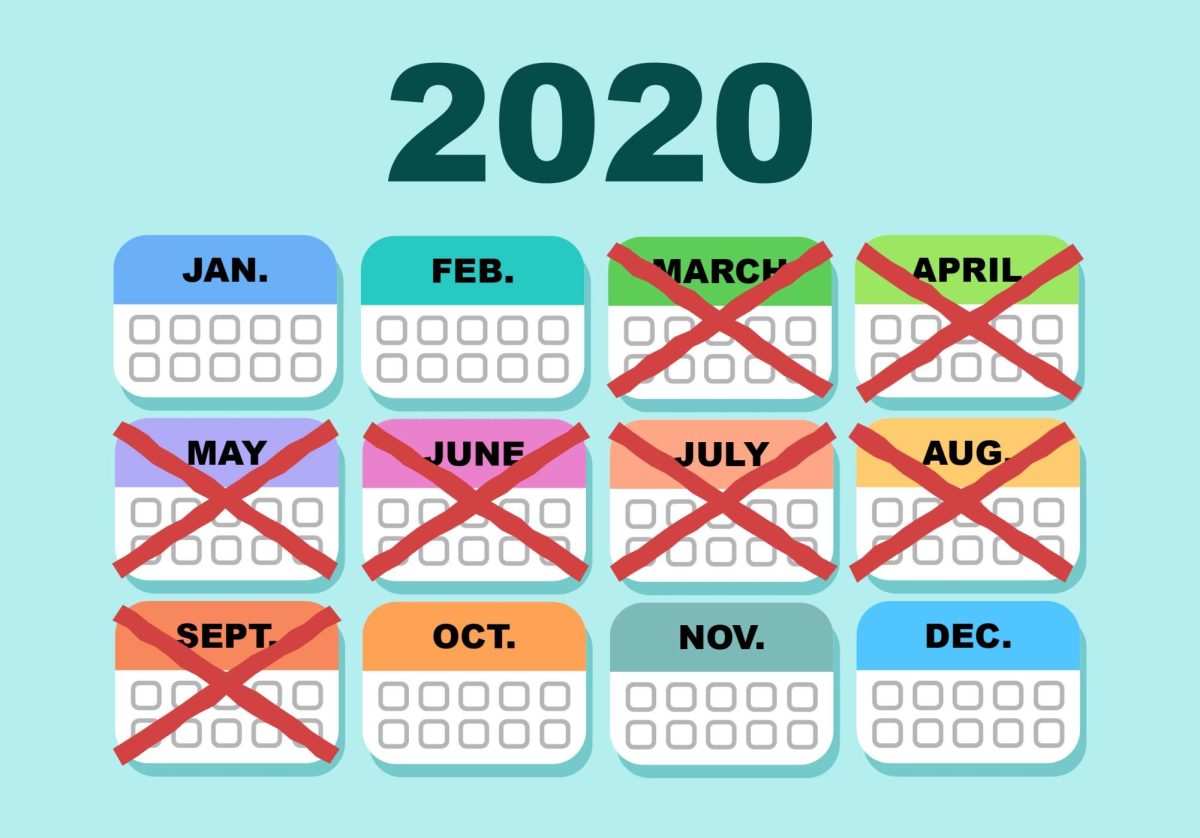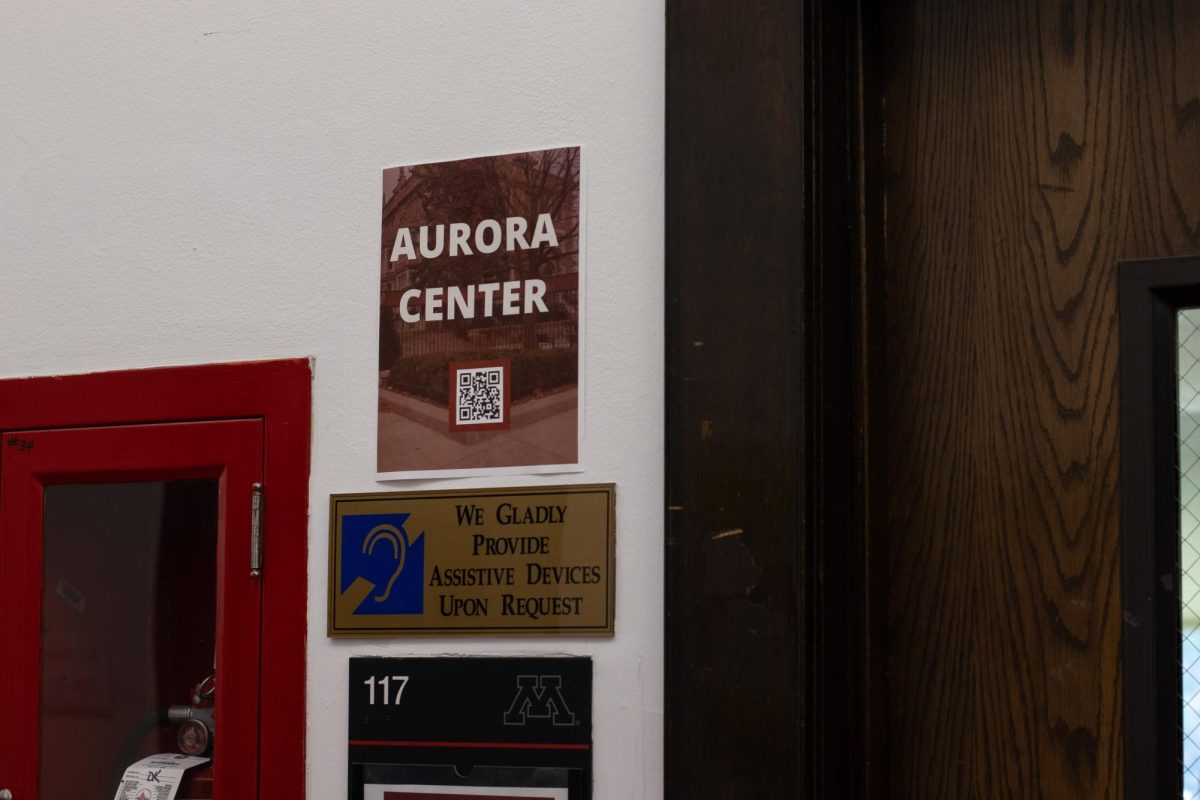I know I’m not alone when I say it feels like podcasts are suddenly everywhere.
Whether it’s your dad listening to Conan O’Brien, your best friend obsessed with “The Broski Report” or the guy in your economics lecture who won’t shut up about Ben Shapiro, it seems like everyone is obsessed with podcasts.
The data demonstrates a rise in the popularity of podcasts. A survey from Edison Research found that the percentage of Americans who listen to podcasts once a month went up 26% from 2016.
Disgruntled with traditional broadcast and print news backed by legacy media, Americans are turning to podcasts to keep up with current events.
Paul Goren, professor of political science at the University of Minnesota, said he attributes the interest in alternative news sources to Americans’ growing distrust of elite institutions and a desire to reinforce their beliefs.
“People who hold extreme views can get together in digital space in ways they were never able to do in the old days,” Goren said.
Podcasts appeal to the public because individuals can find media personalities with similar political ideologies. As research on confirmation bias demonstrates, individuals are more likely to trust sources that align with their existing opinions.
According to a survey from Pew Research Center, 86% of podcast listeners believe the news they hear from podcasts to be more or just as truthful as news from other sources.
Jane Kirtley, Silha professor of media ethics and law at the Hubbard School of Journalism and Mass Communication at the University, said large news organizations have mechanisms to guarantee accuracy and transparency.
“It’s a gate-keeping function, to some extent,” Kirtley said. “Those who are posting information have an obligation ethically to ensure that they’re not spreading misinformation.”
Without the backing of an institution, it becomes difficult to discern the validity of the information presented.
The podcast medium is uniquely detached from public discourse. Comment sections on popular podcast platforms like Spotify are rarely used. Thus, to parse misinformation in a podcast, one must listen to the entire — often hours-long — episode, find the false information and post the relevant clips to social media to spread awareness. This process is laborious, so most misinformation goes unaddressed.
Additionally, podcast distribution platforms like Apple Podcasts have no tool for readers to report misinformation.One researcher from the Brookings Institute studied over 8,000 episodes of political podcasts and found misinformation in over 10% of the episodes.
Concerns regarding misinformation are becoming more salient as podcasts play a stronger role in politics.
The 2024 presidential election has been dubbed the “podcast election” due to how the Trump and Harris campaigns used podcasts to spread their messaging. Then Vice President Kamala Harris appeared on “Call Her Daddy,” while President Donald Trump appeared on numerous conservative favorites like “This Past Weekend w/ Theo Von” and “The Joe Rogan Experience.”
Trump’s team has taken particular advantage of the growing interest in podcasts.
In his victory speech following the election, Trump’s close friend Dana White thanked the “mighty and powerful Joe Rogan.” Part of the justification provided for Trump’s reshaping of the White House press pool was to include alternative media sources like podcasts.
Although podcasters can be found across the political spectrum, the most popular podcasts lean conservative. A recent Media Matters report found that of the 10 most popular online shows covering news, nine were right-leaning, with conservative shows accounting for 82% of followers across all shows surveyed.
Evidence suggests the right-wing bend of these podcasts is impacting the growing extremism among Americans.
One 2022 study examined the 20 most popular political commentary podcasts and found that 25% of the episodes studied circulated misinformation regarding the integrity of the 2020 presidential election. In the week leading up to the Jan. 6 insurrection, 60% of political podcasts backed these narratives.
With right-wing extremism on the rise in the U.S., it is important to recognize the ways podcasts are causing this ideology to proliferate.
Elliott Edsall, a second-year doctoral student at the Hubbard School, said the appeal of podcasts is not inherent to right-wing ideology. Rather, the conservative movement has taken advantage of alternative media sources for far longer than liberals, building a strong right-wing coalition that engages with their podcasts and news shows.
“The reason why it’s so successful is because it has its networks,” Edsall said. “All these podcasters, all these news influencers, they all know each other. They all appear on each other’s content.”
Conservatives have been taking advantage of the new media frontier for decades, dating back to talk radio figures like Rush Limbaugh. By utilizing accessible mediums like podcasts, right-wingers can reach the general population and spread their ideology through the facade of journalism.
“I think it’s the populism aspect that’s appealing,” Goren said. “They’ve just had a lot more practice, and then they do it better than, I think, folks on the liberal side.”
Edsall said to end conservative cultural dominance, liberals must be willing to get involved with alternative media sources and start building the connections that conservatives have built over decades.
“From the journalist side and from places like NBC and CNN, there needs to be inroads with these types of people,” Edsall said. “There needs to be monetary investment in a partisan left media sphere.”
Goren said he doubts legacy media will ever be able to regain trust in the public. He said he does not know what this means for how citizens combat misinformation.
“We live in an era where misinformation is rampant,” Goren said. “It’s a really tough question. It’s a question we have to wrestle with as a society.”
Despite this, there are still plenty of respectable journalists and news organizations that are doing the work to provide accurate information. Like every other medium, podcasts can be a great source for news, and the convenience of being able to listen at any time during a commute or while working is valuable.
Ultimately, it is up to individuals to use their critical thinking to assess the validity of the news they consume.
“Just because somebody is doing a podcast does not mean that they’re not a credible source,” Kirtley said. “It’s about credibility. It’s about transparency and it’s about figuring out what is ultimately the goal of this particular news source.”














